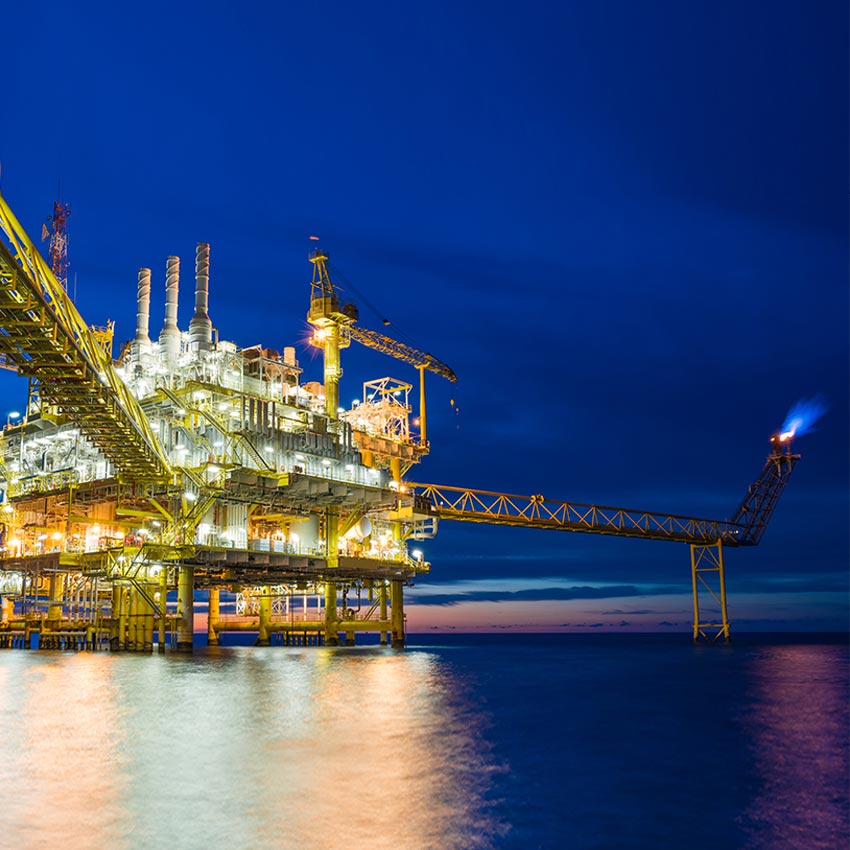
With nearly 40 years’ upstream experience, we’ve probably already solved your problem.
Oilfield water treatment and injection specification – source water evaluation, coreflooding and filtration parameters, reservoir injectivity determination and decline studies
A prerequisite for any successful and cost-effective water injection or water disposal process, is a thorough understanding of the chemical and physical composition of the water (or waters) involved, together with a rigorously defined water injection specification, such that sustained injection/disposal, without undue injectivity issues, can be achieved. Only once these parameters have been defined can the most appropriate water treatment system be specified.
Waterflooding inappropriate quality water can lead to plugging of the reservoir and subsequent loss of injectivity, which in turn necessitates the use of higher than anticipated injection pressures (and possible, inadvertent hydraulic fracturing of the reservoir), expensive well work-overs, and in the most extreme cases, loss of an injection well or an environmental disaster. This will result in additional OPEX, CAPEX and possible legal fines. Despite this, it is not always necessary to improve water quality, some source waters are naturally clean (e.g. most aquifer waters) and some (high permeability) reservoirs will accept poor water quality without suffering injectivity losses.
Any water injection specification must be realistic with respect to capital and operating costs of the water treatment design, required to achieve sustained injection, and is unique to each reservoir. The specification should consider untreated water quality, porosity/permeability characteristics, fracturing potential, treatment constraints, the injection philosophy of the operator, life of the project, and the compatibility of the injection water with reservoir rock and the formation water.
Oil Plus’s team of experienced technologists and engineers conduct on-site and laboratory studies to determine the water characteristics for that specific field; this may be a new-field or an existing one with some kind of process problem. Data collected during our water surveys is often used in engineering projects, whether it’s upgrading a process facility or designing a new one.